Switzerland
The World Health Organization approved a landmark Pandemic Agreement on Tuesday, aimed at better coordination, monitoring and vaccine sharing in the event of future pandemics.
The agreement was reached on day two of the WHO annual meeting in Geneva, and as the UN body grapples with US funding cuts and plans to withdraw, that have left the agency struggling to carry out its mandate to promote health and keep the world safe.
The landmark decision by the 78th World Health Assembly follows more than three years of negotiations launched by governments in response to the devastating impacts of the COVID-19 pandemic, and driven by the goal of making the world safer from – and more equitable in response to – future pandemics.
“The world is safer today thanks to the leadership, collaboration and commitment of our Member States to adopt the historic WHO Pandemic Agreement,” said Dr Tedros Adhanom Ghebreyesus, WHO Director-General. “The Agreement is a victory for public health, science and multilateral action. It will ensure we, collectively, can better protect the world from future pandemic threats. It is also a recognition by the international community that our citizens, societies and economies must not be left vulnerable to again suffer losses like those endured during COVID-19.”
Among other things, the treaty guarantees that countries that share critical samples of viruses will receive any resulting tests, medicines and vaccines and give WHO up to 20% of such products to make sure poorer countries can have access to them.
US funding cuts
Ghebreyesus has been grappling with a response to the US cuts as well as reduced outlays from other traditional Western donors who are putting more money toward defence and less toward humanitarian aid.
"Our current situation is difficult. It should not be a surprise to any of us," he said during the opening of the meeting.
On the agenda for the nine-day World Health Assembly are two major advances intended to buttress WHO’s financial strength and bolster the world’s ability to cope with pandemics in the future.
Member countries are expected to agree to raise annual dues, known as “assessed contributions,” by 20% to support WHO finances and reduce dependency on governments’ voluntary contributions — which change each year and make up over half of the budget.





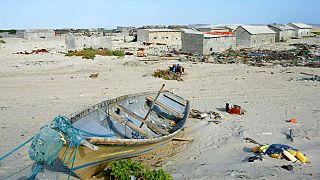
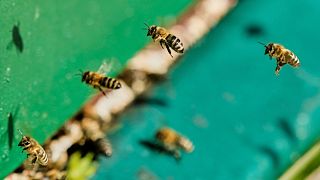
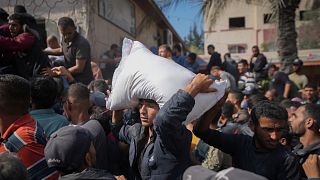
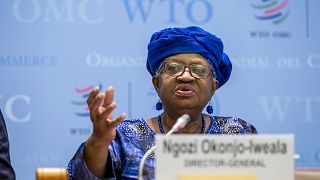
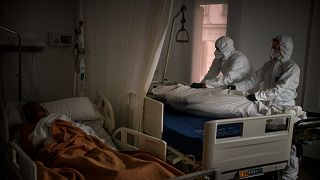
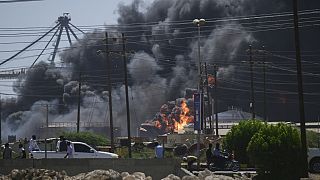
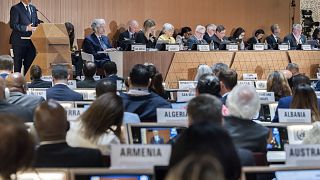

01:02
Pix of the Day: May 20, 2025
Go to video
US-funded flight returns self-deported immigrants to Honduras
01:18
Former U.S. president diagnosed with cancer
01:31
Mexican tall ship strikes Brooklyn Bridge, killing 2 crew members
Go to video
Pix of the Day: May 15, 2025
Go to video
South Africa: Cyril Ramaphosa to meet with Donald Trump in US next week